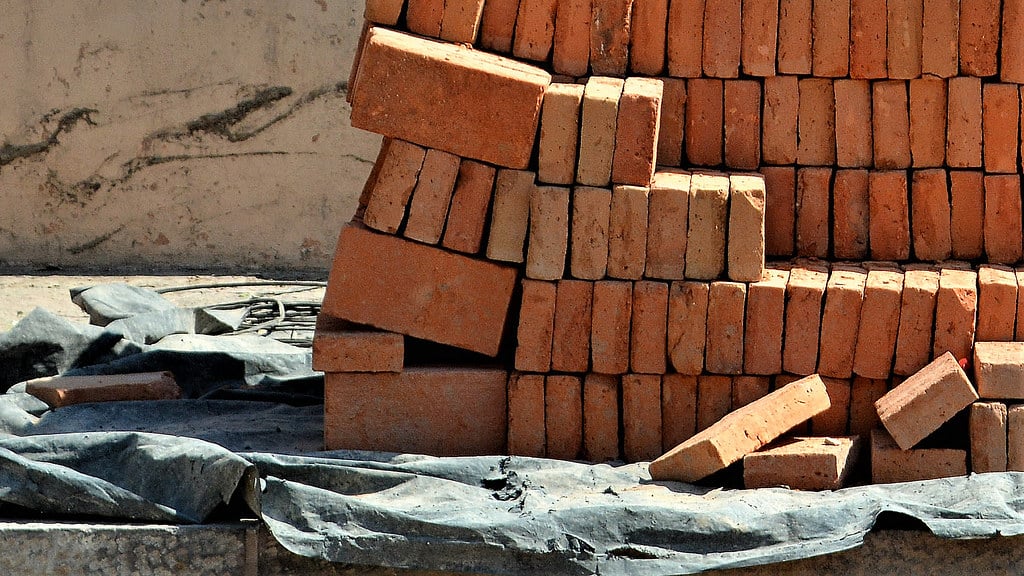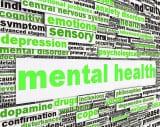Dr. Tara Shine of Change by Degrees, a business established to inspire and partner with organisations to help them design sustainability solutions that deliver real, measurable results, discusses how we can ‘build back better’ in a post-COVID world
Disasters happen – from hurricanes and earthquakes to financial crashes and pandemics. There is no avoiding them. So we need to anticipate and prepare so that we can bounce back.
There are 3 distinct phases in managing disasters. First, the risk reduction phase, when the focus is on understanding and evaluating risk and putting in place measures to manage risk. In business and in government this is done as part of risk assessment, to evaluate the likelihood and the significance of risks, from political instability to financial loss.
Second is the emergency relief phase when a disaster hits and the priority is to respond to keep people safe and well. That phase ended for us on the 18th May when the restrictions imposed by COVID-19 started to be lifted. For 10 weeks our priority had been doing all we could to protect the most vulnerable people in society and our healthcare system.
The third phase is recovery, when we restore, repair and rebuild. This is the phase we are in now in terms of the COVID pandemic and the aim should be to ‘build back better’ so that you learn from your mistakes and reduce exposure to future risks. Post 9-11 many financial institutions put in extensive risk mitigation measures so better prepare for all eventualities- as a result many of them are faring well in the current situation.
In the wake of COVID-19 one of the worst things we could do is go back to life and to business exactly as it was, to restore things to how they were without any changes and improvements based on the lessons learned. We’re guilty of this already – little of our national recovery after the 2008 crash ‘built back better’.
To build back better, we have to design systems that will make us more resilient to inevitable future shocks, whether they are health, economic, weather related or a cyber-attack. Remember, these shocks can hit simultaneously. Flooding can happen even in the midst of a pandemic. When we hit the reset button we will need to have a plan in place to put us on a new path to be a more sustainable and resilient society. Businesses and organisations of all sizes and in all sectors will need to be prepared for the next shock and reassess their purpose in a changed landscape. Exceptional leaders are already thinking about how they can play their part in shaping a better and more resilient Irish economy and society.
To build back better, we have to design systems that will make us more resilient to inevitable future shocks, whether they are health, economic, weather related or a cyber-attack.
To be resilient you need a skilled workforce, connected communities, a well-functioning health care system, quality education, clean water and clean air, a sustainable food supply and a well governed society. To be resilient as a business you need to be on a pathway to sustainable development.
This pathway is articulated in the 17 United Nations Sustainable Development Goals which set targets to create a global society where people and the planet thrive. The Goals are the blueprint we need to follow to put our country, businesses and communities on a pathway to resilience. They tackle everything from gender equality to quality education, sustainable cities to zero hunger. They apply to everyone equally, whether you’re a part time employee at a multinational or a goat herder in Namibia. They are so much more than ‘being green’. Their success hinges on all our efforts. We have 10 years to achieve these goals, the same decade we have to reduce greenhouse gas emissions by 50% to stabilise the climate and ensure a safe future for humanity on planet earth. The Goals offer opportunities for new ways of doing business and benefits such as cleaner air and more stable societies. The promise they hold, of a better world, a more equal and safe world, is compelling and we all have a part to play, because change only happens when people change.
The businesses and countries that bounce back with clear, long term and purpose driven plans, informed by the SDG, will be the ones that thrive post disaster. This means much more paying lip service to Corporate Social Responsibility, it is about redefining everything from the purpose to the operations of a business. More resilient organisations will attract investment and customers, as well as enhancing their social licence to operate while reducing their impact on the environment.
We have seen previously unthinkable changes to our economic and social systems in the past few weeks of this emergency and this shows us what is possible. We can all do difficult things when required. The threats posed by climate change will still be there after this pandemic and we need to understand the risks we face and find a new way to live and do business that will keep us all safe and allow us to thrive within the limits of the resources the planet can provide. We are learning that we can work remotely and travel less, that we don’t need to shop to be happy, that nature and the great outdoors soothe our souls when things get tough and that the things we value most are family, friendship and good health. So when we hit restart – let’s be ready to build back better, to remove the barriers to sustainability and to shape the Ireland we want to live in, that reflects the values we hold dear.





